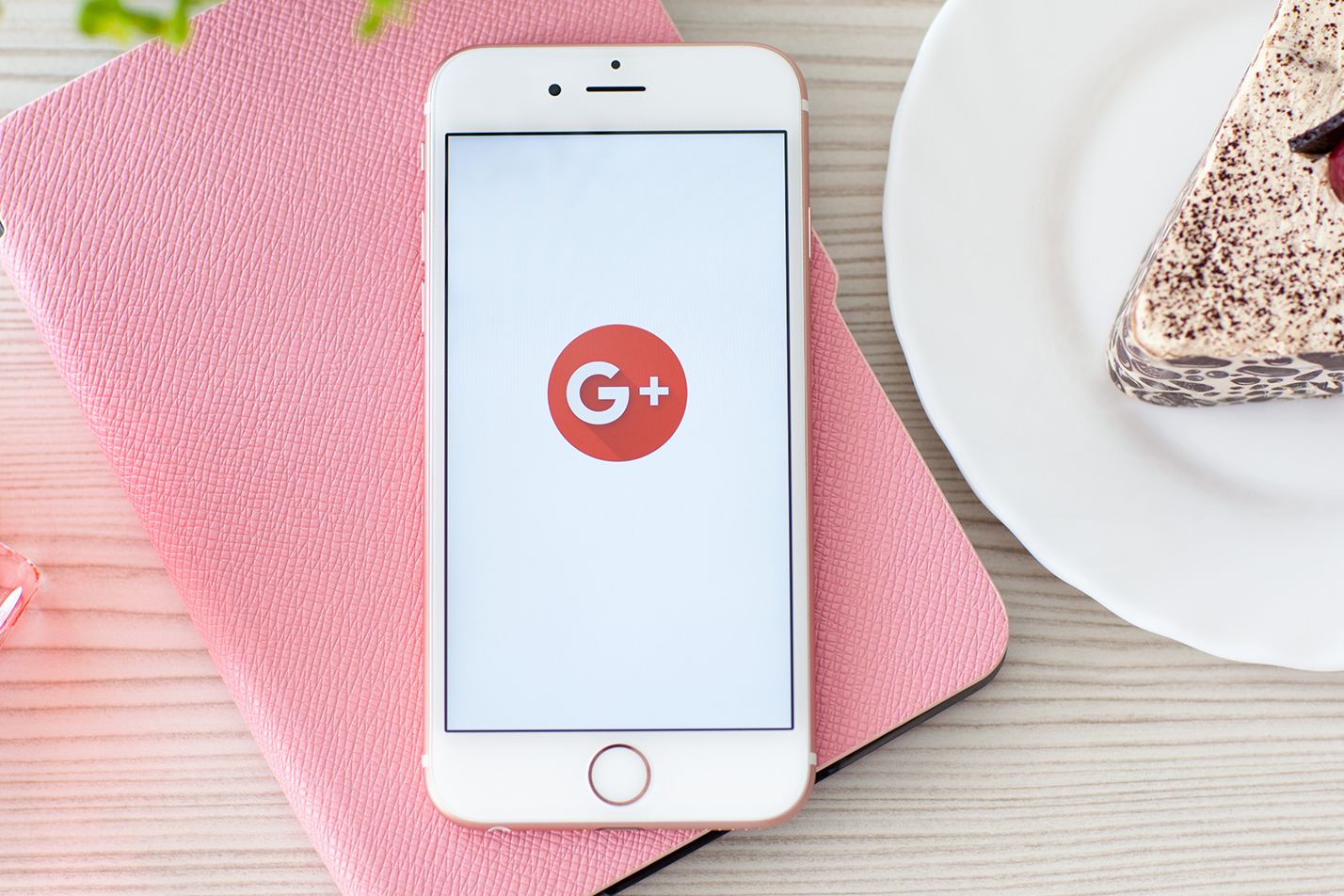Many clients have been asking in the past few months: "How do I make sure my business listing shows up in Google local results?" Many of our clients, especially those who have changed their location or their principal contact information in recent months, have seen their local search result in the "map stack" lose rank, e in the wrong geography, or disappear from local results entirely.
The solution to the problem that you need to "claim" your business on https://www.google.com/business/ This is an evolving thing that Google has been doing for years, but not it's suddenly forcing businesses to establish a Google business identity.
The longer answer is that Google maps and search results is it's become hyper-local. In other words, Google is suddenly very highly ranking the importance of an up-to-date and active G+ business profile. Not only that, it shows larger map pins (relative to competitors with less active G+ profiles), with more information, for active G+ data. It's not just about Facebook anymore.
Further, only when a Google search includes a recognizable local term will the search results page actually show a map. So, when users search a geo term like "web design firm Vermont" there are no map results. When a user enters "Burlington" or "Williston", a local map stack shows up, with the most geographically local businesses with the most optimized Google profiles being ranked higher than even other more "local" businesses with G+ profiles that have less activity. Ideally, your business would be in the "map stack" -- the list of 6 or 8 businesses on the left with identifying pins in the map on the right -- for your specific locality.
Serendipitously, we also moved recently, and are navigating these waters ourselves. In our case, our move to Burlington will be overall better, despite our increased "local" competition in our actual municipality, because many users will include "burlington" in their searches. So, the more we use G+ and encourage people to take action on it (rate us, make comments, join our "circles") the more likely we'll stand out with the businesses getting bigger map pins and bigger labels for their business names. In your case, people will likely not use "Williston" very often. So that means making the G+ profile work all that much harder to compensate for the distance from the geographic center of "burlington", if that's the result we want.
We're learning a lot, and are now focusing on how to improve our overall map results. We're playing catch-up, like a lot of other agencies, according to the literature (blogs). This is the third or fourth time in 2 years that Google decided to change some rules and just let everyone scramble to try to figure them out. It certainly seems like an obvious ploy to take Facebook and LinkedIn both head-on, and it may work, if they pay those platforms less attention in their algorithm than they do their own social platform.
We're educating ourselves so we can help you. So let us know if you need help managing your local search engine results.




